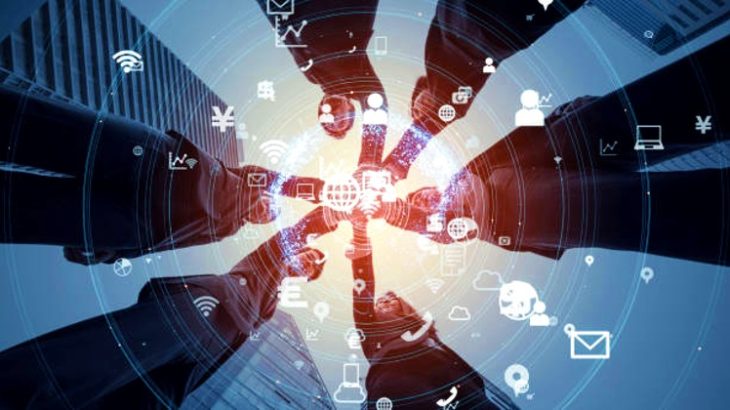People are talking about AI systems replacing the hiring process, but are they really disrupting the recruitment industry?
AI & recruiting industry are replacing the recruitment process in many ways, requiring recruiters and candidates to rethink their employment strategies.
AI & Recruiting Industry: 5 Ways How AI is Disrupting HR Industry
Since data analytics first became ubiquitous, recruitment has been gradually shifting from the typical use of “gut feeling.” There’s still a place for perception — and, a big space for human evaluation, as machine learning, isn’t yet capable of replacing complicated human thought — but the sector is becoming more sophisticated every year.
Indeed, the use of Artificial intelligence systems to replace or augment portions of the recruiting process is impacting recruitment in a variety of ways, forcing recruiters, employers, and candidates to rethink their strategies.
Let’s look at the five ways how Artificial Intelligence is impacting the HR industry.
1- Draws from the Existing Connections
In the recruitment process, personal relationships still hold a lot of weight. Despite how hard we struggle to overcome this bias, we’re programmed to favor individuals we know, and this is a plus. Using personal connections to help with employment makes great sense.
Personal recommendations have driven recruitment, but they’ve traditionally been rather passive from an employer’s point of view. Employers looking for new talent haven’t always found the process useful, but AI is changing that.
Artificial intelligence algorithms can trawl across all existing social networks, identifying people and determining how they are related. Employers could then use this information to locate candidates who are connected to people they know in a certain way and hence they are more suitable professionally and culturally.
2- Enhances Talent Searches
Recruiters and employers require as much information as possible on people’s backgrounds, skills, and accomplishments when they are looking for new employees. The more information they can gather and analyze, the more effectively they can evaluate candidates and discover the front-runners — and an AI system can uncover and frame data in a way that humans can’t. Moreover, identifying and gathering the personal information of candidates manually would be laborious and time-consuming, whereas a sophisticated AI system could do it in minutes.
3- Automates Scheduling
Scheduling is a difficult component of recruitment to master, especially when you need to bring in numerous candidates for an extended interviewing process. Previously, recruiters would have to wait patiently to sort things out, frequently making errors along the process and having to contact candidates to reschedule or cancel interviews. The outcome is usually a lot of aggravation and the impression that the applicants aren’t valued. AI systems, on the other hand, can now help with this. One such platform is Google Hire and in a few years, AI systems will be able to fill calendars without user input by utilizing user-defined preferences.
4- Makes Interviews Dynamic
Although remote employees interviews are becoming more common in the employment sector, they are still far from flawless. The intangible qualities that can be noticed when meeting somebody in person have just been lost, and very little was gained (except convenience). They can, however, be transformed into sophisticated data-gathering instruments with the help of AI technology.
Consider how time-consuming it is to prepare for the interview for a technically hard role — even when you’re not seeing the person, you still need to make sure they can do what they say they can. You may simply select criteria (the sort of test, the difficulty level, the topic matter) and have an ad-hoc interview assessment and once the test is completed, the program can analyze the findings and tell you how well that candidate compared to others.
This may appear fantastical to some, yet it is completely feasible. It is currently taking place. The future interviews will be largely automated, allowing participants to concentrate on the intangibles outlined before. Is it time to put all your trust in AI? No, there is still much to do. However, be patient.
5- Reduces Ghosting
The term “ghosting” was coined in the dating scene to describe the painful experience of being neglected by somebody who is over you and does not want to tell you. In the past, candidates have been frustrated with this issue. When you put in the time and effort to construct a specific application and conduct a few interviews, you’d think you’d be notified of your rejection – but that does not always happen, whatever the reason is.
However, AI technologies have rendered it obsolete, all while creating no hardship for employers or recruiters. When a hiring choice is made, the other candidates can also be notified automatically. And, everything else in the recruiting process is in order, they could be sent pertinent remarks about how they performed as well as came across, which will provide them with useful feedback for future attempts.
Final Thoughts
Recruitment is a difficult, yet crucial, process. Choosing the right candidate can drastically affect success or failure. Though human evaluation must drive a good recruiting process by AI-powered employee verification, AI has already been shown how quickly and effectively it can accelerate the overall process.





